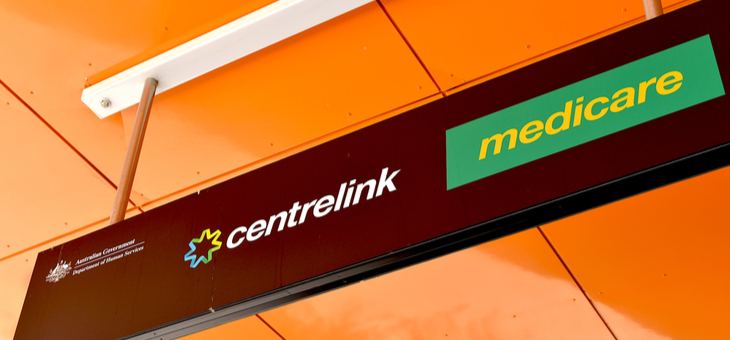As we bid farewell to 2024 and welcome the New Year, it’s not just the calendars that are changing. January 1st marks the date when a slew of financial adjustments come into play, affecting everything from Centrelink benefits to superannuation contributions. Let’s dive into the details so you can start the New Year informed and prepared.
Centrelink payment increase: A welcome boost
The government’s regular indexation will bring a smile to the faces of over one million Aussies as Centrelink payments are set to rise from January 1, 2025. This increase will see Youth Allowance, Austudy, Youth Disability Support Pension, and Carer Allowance recipients receiving more support. For example, Youth Allowance and Austudy beneficiaries can expect up to an additional $30.60 per fortnight, while those on Carer Allowance will see a $5.80 increase. It’s essential to check the full list of increases to understand exactly how your payments may be affected.
Extended medical exemptions for Centrelink recipients
Health challenges can strike at any time, and the government recognises this by extending the temporary exemption from Centrelink mutual obligation requirements. Starting in January, if you’re unwell or injured, you could be exempt for up to 24 months, up from the previous 13 weeks. This change is particularly relevant for those receiving JobSeeker, Youth Allowance for job seekers, Parenting Payment Single when the youngest child turns 6, and Special Benefit for Nominated Visa Holders.

Passport price hikes and new UK entry requirements
Travellers, take note: passport prices are on the rise, adjusted annually based on the consumer price index. While the exact increase is yet to be confirmed, an adult passport currently sits at $398 for a 10-year period. Additionally, Australians planning to visit the UK will need to secure an Electronic Travel Authorisation (ETA) from January 8, which costs $20 and permits multiple six-month stays over two years.
Medicare safety net thresholds on the move
The Medicare Safety Net thresholds are set to increase, meaning you’ll need to spend more before qualifying for a higher rebate. The Original Medicare Safety Net threshold will rise to $576, and the Extended Medicare Safety Net will go up to $2,615.50, or $834.50 for concession card holders and families eligible for Family Tax Benefit A. Once these thresholds are reached, you can receive 80 per cent of out-of-pocket costs back. However, there’s a silver lining: the Pharmaceutical Benefits Scheme general co-payment amount will not increase this year, thanks to a government freeze.
Health insurance extras reset
If you’re covered by a health insurance extras policy, remember that benefits typically reset on January 1. Major insurers like Medibank, Bupa, HCF, NIB, and HBF will all reset their benefits, so it’s a good time to review your policy and ensure you’re making the most of the available benefits.
Wage theft crackdown
Employers who underpay their staff will face severe consequences starting January 1. The government’s Closing Loopholes Act introduces criminal charges for deliberate underpayment, with hefty penalties for both companies and individuals. This is a significant step towards protecting workers’ rights and ensuring fair compensation.
Superannuation boost: A step towards a secure retirement
Lastly, Australians will see an automatic increase in their retirement savings as the compulsory superannuation guarantee rate climbs from 11.5 to 12 per cent on July 1. This final increase means a higher percentage of your pay will go into your super, bolstering your nest egg for the future.
What are your thoughts on the upcoming financial changes for 2025? Feel free to share your plans or strategies in the comments below as we all prepare in making the most of 2025!
Also read: January 2025 welfare payment boost: What you need to know about the changes.


Passport price hikes and new UK entry requirements
Travelers, take note:
Travelers? Abegail, please change your computer language to English.
Revised, Enyaw. Thanks for pointing it out!